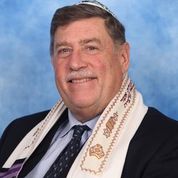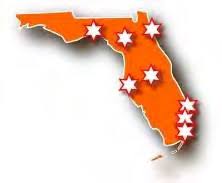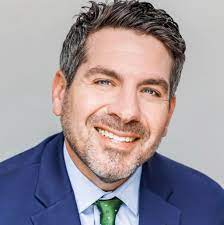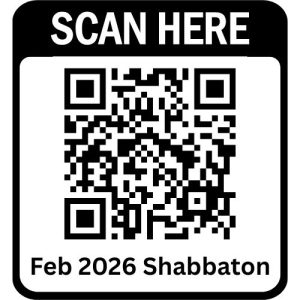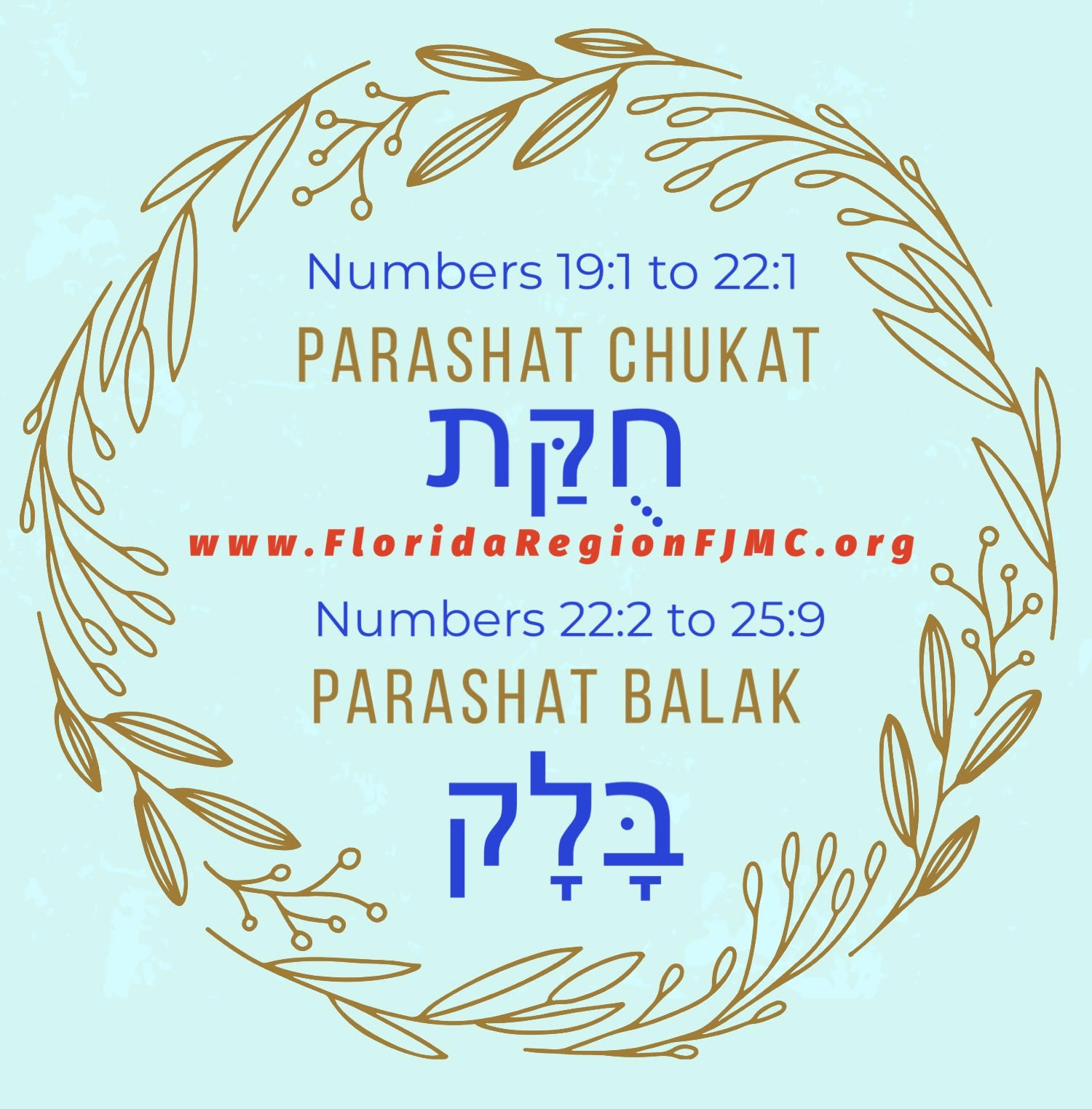
When you Choose Shabbat, you choose to learn that every Shabbat is different and special. Last week I learned about Parashat Chukat (חֻקַּת) and Parashat Balak (בָּלָק), the 39th and 40th weekly Torah portions in the annual cycle of Torah readings.
I also learned that these two torah readings have a special relationship with the holiday of Shavuot. When the second day of Shavuot falls on Shabbat in the Diaspora, Parashat Chukat is combined with the subsequent Parashat Balak in order to synchronize the weekly cycle of Torah readings in the Diaspora with those in Israel.
According to Wikipedia, Chukat (חֻקַּת), Numbers 19:1 through 22;1, contains 4,670 Hebrew letters, 1,245 words, 87 verses and makes up 159 lines of the Torah scroll, making it the shortest Torah reading in the Book of Numbers. Chukat (the Hebrew word for “decree”) includes the laws of corpse contamination (tumat hamet) and purification, the deaths of Miriam and Aaron, Moses at the Waters of Meribah and the conquest of Arad, the Amorites and Bashan.
In contrast, Balak (בָּלָק), Numbers 22:2 through 25:5, contains 5,357 Hebrew letters, 1,455 words, 104 verses and 178 lines of Torah. The story of Balak is an ironic example of the idiom, “Man Plans G-D Laughs”. Balak, son of Zippor, king of Moab, tries to hire Balaam to curse Israel, however after Balaam’s donkey speaks to Balaam, Balaam blesses Israel instead.
Rabbi Michael D Klein of Temple Torat Emet offers his insights on this week’s double Torah reading, Chukat and Balak:
“I like to call this Shabbat “Ketchup Shabbat” – actually catch up Shabbat because normally these two sidrot are read separately. This year, because we observed 2 days for the end of Passover, the Sidrot in Israel have actually been one ahead since that Shabbat. This coming Shabbat gives us the chance to synchronize this difference. The 2 Sidrot actually have disparate themes but are closely related in one major idea. Balak presents the narrative of the concluding years of the 40 year march from Egypt to Israel. Klal Yisroel are approaching the Promised Land. In order to accomplish this they have to march through several of the lands of potentially hostile neighbors. One of these is Moab, the ancestral home of the Moabites, who although related to us through Lot, Jacob’s nephew is ruled by a hostile King Balak who wishes to see us destroyed, or at least hampered, in our march toward Israel. He employs the great sorcerer Balaam, whom he asks to use dark magic to curse us. G-d intervenes and Balaam, although not a believer, is forced to bless our people with famous words, “How good are your tents people of Jacob, your dwelling places O Israel”. Balak is enraged, attacks us, and is eventually defeated and killed along with Balaam. Unfortunately, the Jewish people, especially the men, become ensnared by the women of Moab who lead them into idolatry and immorality resulting in the deaths of many people by plague.
Chukat presents us with the Law of the Red Heifer, whose ashes are placed in water and is sprinkled on those who are unclean by virtue of contact with the burial of many people who perished in a previous plague and also for future generations. No one fully understands why this is used for purification, although we know that red is the color of sin and the heifer is symbolic of the Golden Calf.
Both Torah portions deal specifically with the final march toward Israel and the concluding battles which are fought, and won, with the newer generation preparing and hardening for the battles ahead to conquer the land and achieve our G-d given inheritance tribe by tribe. This perhaps emphasizes the adage, “what doesn’t kill you makes you stronger”, because we know that the Jewish army, with G-d’s assistance and the generalships of Joshua and Pinchas eventually will produce success. May their strength, and G-d’s assistance always lead us to success in our lives and the lives of our people in Israel and throughout the world.
Questions to Discuss
- Before entering the domain of another kingdom, Moses always sent messengers to ask permission. Why?
- Why did Balak, the Moabite King, seek the advice of Balaam who was a Midianite even though the two nations were hostile to one another?
- Why are Balaam’s words, “There is no sorcery or divination in Israel” so ironic?
- Why does Balaam use both Yaakov and Yisroel to refer to the Jewish people?”
Rabbi Michael D. Klein attended Yeshiva College of South Florida and served as Torah Reader, Hebrew teacher, Chazzan and spiritual leader of various synagogues throughout South Florida. In January 2015 he became Ritual Director, Bnai/Bnot Mitzvah instructor and 7th grade Hebrew instructor for Temple Torat Emet of Boynton Beach. In October 2019 he was accepted into an accelerated track and received his shicha from Yeshiva Adath Wolkowisk and has been the Rabbinic leadership of Temple Torat Emet since August 2020. In September of 2022 he was appointed Rabbinic and Spiritual Advisor of the Florida Region of FJMC.
Choose Shabbat; choose to celebrate, to light candles, sing songs and learn a little Torah.
This moment of Jewish Learning is brought to you by the Florida Region of the Federation of Jewish Men’s Clubs (FJMC). We are part of a confederation of over 200 Jewish Men’s Clubs and Brotherhoods representing over 20,000 members across the United States, Canada, Latin America, and beyond. Learn more about how your Jewish Men’s Club or Brotherhood can affiliate with the FJMC at: https://www.fjmc.org/content/affiliating-fjmc.
The Florida Region of FJMC serves the needs of affiliated Men’s Clubs and Brotherhoods throughout the State of Florida. Get to know more about the FJMC Florida Region and our growing network of Jewish Men’s Clubs and Brotherhoods at www.floridaregionfjmc.org and please visit and LIKE our Florida Region FJMC Facebook Group at www.facebook.com/FloridaRegionFJMC.




